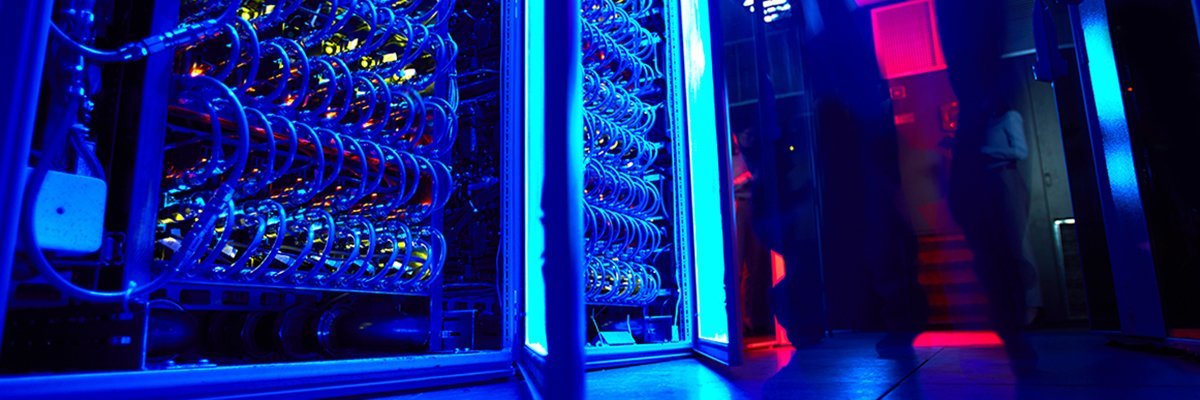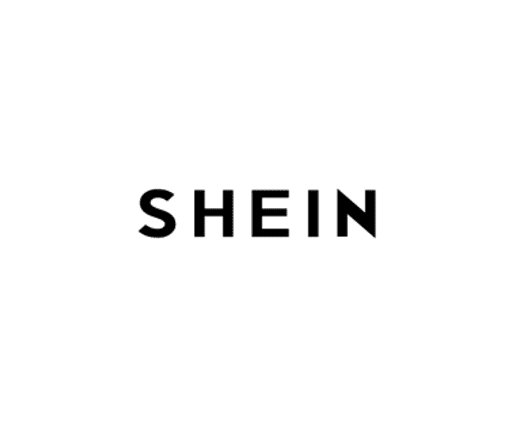In what is being described as a “groundbreaking” trial highlighting how advanced networks are foundational to unlocking the full potential of AI and high-performance computing, the CSC – IT Centre for Science and Surf have revealed they have successfully tested a high-capacity, quantum-safe fibre-optic connection exceeding 1.2 terabit per second (Tbps), traversing over 3,500 km between Amsterdam and Kajaani in Finland with data.
The partners in the trial, also including comms tech provider Nokia, say that with the exponential growth of research data, especially for training large-scale AI models, the need for resilient, high-throughput and secure connectivity is more critical than ever.
The trial demonstrated the potential of ultra-fast, cross-border connectivity for research, and is part of a project to prepare long-haul networks for the new Lumi-AI supercomputer and AI factories where reliable, scalable and secure connections are seen as critical to supporting hugely increasing datasets and demanding workloads. An HPE Cray EX system, Lumi is EuroHPC JU’s flagship supercomputer, and has a sustained computing power of 380 petaflops (HPL, High-Performance Linpack) in its final configuration. It is also said to be one of the world’s leading platforms for artificial intelligence.
The test is said to have confirmed that multi-domain, high-capacity data transfers across European research networks are both feasible and future-ready. The partners believe that running an operational network connection over long distances provides unique insights into data transport and the storage of large data volumes. The tests are crucial for improving the infrastructure for data-intensive research.
Based in Finland, the CSC – IT Centre for Science builds digital systems for data management, scientific computing and education that are designed for researchers, learners and companies to understand the world. It says it supports society’s digitisation and promotes a green transition with customers, owners and partners. CSC is a non-profit limited liability company owned by the Finnish Government and Finnish higher education institutions.
Surf is a collaborative organisation for IT in Dutch education and research. The Surf organisation is currently working to increase the quality of education and research with the help of ICT innovation. It also aims to contribute to sustainability in the education and research sector. Sustainability is an integral part of its services.
The trial saw networking tests carried out along several routes, including the longest, which spanned 4,700 km through Norway at a capacity of 1Tbps. These results were seen as “particularly promising” as the research community prepares for supercomputers and AI factories to come online.
The test used a combination of real research data and synthetic data, transferred directly from disk to disk – from Surf’s facility in Amsterdam to CSC’s datacentre in Kajaani, across five production research and education networks: Surf (the Netherlands), Nordunet (Nordic backbone), Sunet (Sweden), Sikt (Norway) and Funet (CSC’s network in Finland).
The network service was based on Nokia’s IP/MPLS routing and quantum-safe optical networking gear. The IP technology successfully demonstrated Flexible Ethernet (FlexE) to accommodate “elephant flows”, or very large continuous flows of data. Its high-capacity optical transport technology was said to have showed the ability to handle massive data sets generated by high-performance computing over long distances.
“This successful collaboration with CSC and Surf is a testament to the innovation and leadership of the scientific community, and to what’s possible when we work together,” said Mikhail Lenko, customer solutions architect at Nokia.
“As the network prepares for the next wave of supercomputers and AI Factories, we are proud to deliver the quantum-safe, high-capacity, and resilient IP/MPLS and optical infrastructure that makes these systems viable. We look forward to continuing our support for global research and education networks, helping them scale with confidence and drive the next generation of discovery and innovation.”
Jani Myyry, senior network specialist at CSC, said: “We design research networks with future needs in mind. CSC’s datacentre in Kajaani already hosts the pan-European Lumi supercomputer, and with the upcoming Lumi-AI supercomputer and AI Factory coming online, reliable and scalable data connections throughout Europe are essential. Even though the geographical distance is significant, it poses no obstacle to data traffic.”










